
Causes & Symptoms for Female Infertility
There are several factors responsible for female infertility. They are usually divided into ovarian, tubal and uterine factors like cervical and vaginal abnormalities
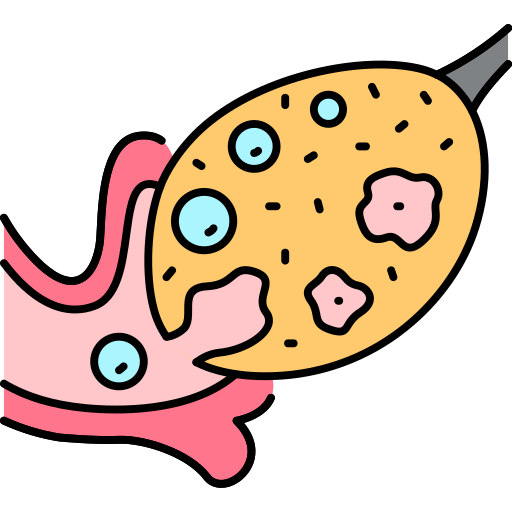
Ovulation Factors
It is one of the most common factors, which can cause female infertility due to imbalanced ovarian hormonal function due to PCOS/PCOD which lead to infertility condition such as anovulation and oligo-ovulation.
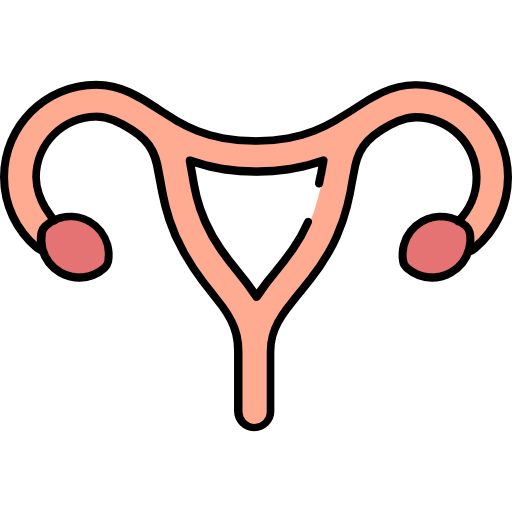
Fallopian Tube damage & blockage
Fallopian tubes may be blocked due to pelvic infection, polyp in the uterus, or benign tumours on the uterine wall. This blockage prevents the sperm to fertilize the egg causing tubal factor infertility.
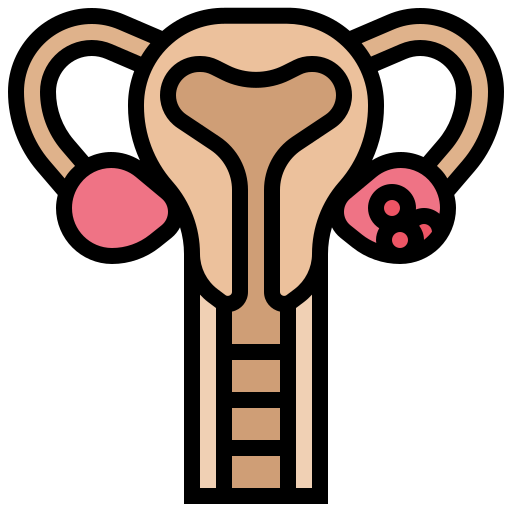
Uterine & Cervical factors
Uterine or cervical factor infertility is a condition where the passage of sperm is obstructed and the sperm cannot swim through the cervical mucosa usually due to abnormal consistency of the cervical mucus and at times due to presence of anti-sperm antibodies which prevent the sperm to fertilize the egg and cause infertility.

Endometriosis
Endometriosis is an often painful disorder in which tissue similar to the tissue that normally lines the inside of your uterus — the endometrium — grows outside your uterus. Endometriosis most commonly involves your ovaries, fallopian tubes and the tissue lining your pelvis.

Ovarian failure and early menopause
Menopause is a condition where the female ovaries are no longer able to produce adequate amount of oestrogen hormone which releases an egg every month. Early menopause is a condition where the woman stops ovulating before the age of 40.
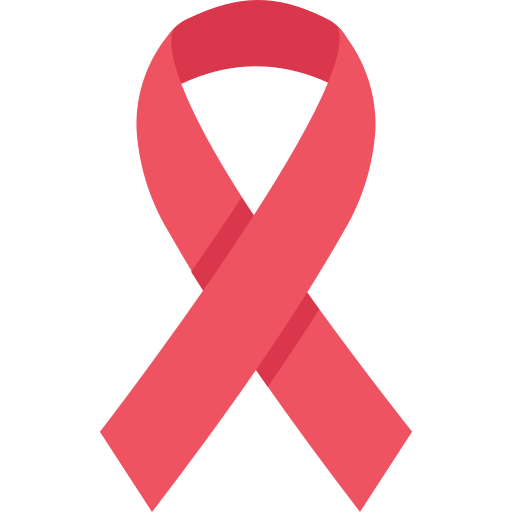
Cancer and its treatment
Certain types of cancer need both radiation and chemotherapy which kills the rapid dividing of cancer cells and damage the reproductive organs thus causing infertility.
Female Infertility
Embryo Transfer

Transferring a fertilized embryo to a woman's uterus is critical in the in vitro fertilization process. The final stage of in vitro fertilization (IVF) is embryo transfer.
Fertility drugs are used during IVF to stimulate the ovaries into producing healthy eggs. These eggs are then extracted from a woman’s ovaries and fertilized in a laboratory. The embryos are transplanted to the woman's uterus once the fertilized eggs have multiplied. The embryo must next attach itself to the wall of the womb or uterus for a pregnancy to begin.
The entire IVF cycle is dependent on the precise positioning of embryos around the center of the endometrial cavity - with the least stress and manipulation. The significance of the correct embryo transfer method in IVF success cannot be emphasized
The most effective approach currently available is ultrasound-guided embryo transfer. In IVF, the woman is stimulated to create numerous eggs using injectable medicines. Eggs develop in the ovaries in follicles. The egg retrieval method takes eggs from the ovaries once the follicles have matured. We inject sperm into the eggs and examine them the next day for signs of fertilization. Several days later, an adequate number of embryos are delivered to the uterus with ultrasound guidance for optimal positioning.
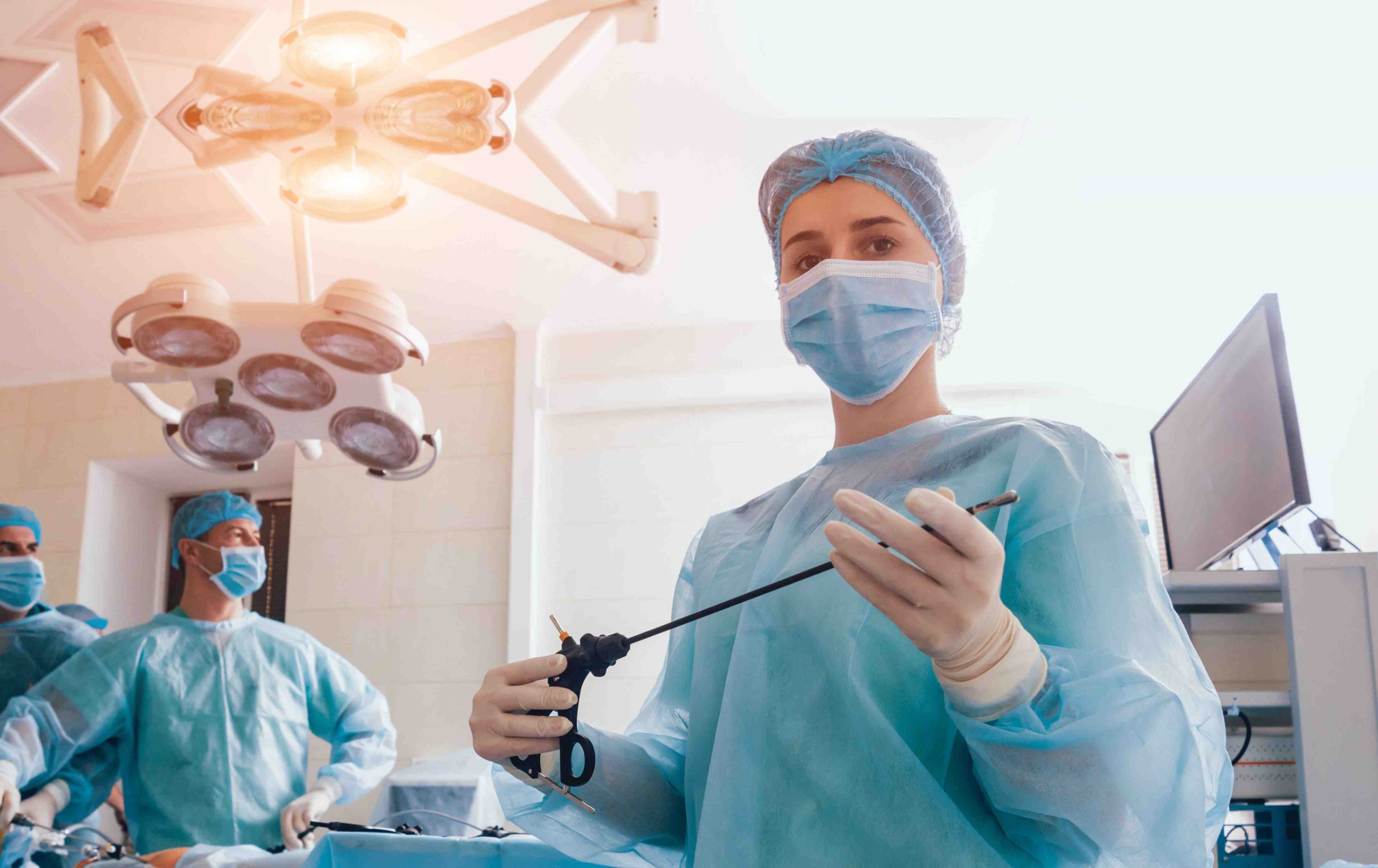
Female Infertility
Laparoscopy and Hysteroscopy
Laparoscopy and hysteroscopy are procedures that are advised during infertility therapy. These treatments allow the doctor to examine the tissues and organs within the pelvis and perform remedial operations. Laparoscopy is used to examine and access the uterus, ovaries, fallopian tubes, and other organs within the pelvis. Hysteroscopy is used to examine the uterine cavity, diagnose abnormalities, and undertake remedial operations. These operations are best performed immediately after menstruation when the view is clear.
If you have pelvic discomfort or a history of pelvic illness, the doctor may consider a laparoscopy. It aids in the diagnosis and treatment of uterine fibroids, blocked tubes, endometriosis, ectopic pregnancies, ovarian cysts, adhesions, and other structural disorders. Following the initial fertility examination, a laparoscopy may be advised. The surgery is often performed under general anaesthesia.
Hysteroscopy is commonly used to diagnose infertility, miscarriage, and irregular uterine bleeding. Other imaging procedures, such as ultrasonography, are frequently performed before it. A hysteroscopy can aid in the detection of uterine abnormalities such as fibroids, polyps, scarring, and congenital deformities. During hysteroscopy, surgery may be performed to repair specific problems. You may be requested to take specific drugs prior to surgery to prepare the uterus. The operation is conducted as an outpatient and does not need any incisions.
Female Infertility
Ovulation Disorder
Ovulation abnormalities are among the most prevalent causes of female infertility. Ovulation disorders are disruptions in the development of an egg (also known as an oocyte or ovum) during a woman's menstrual cycle caused by issues with the control of reproductive hormones. Disorders are frequently caused by situations such as:
- Hypothyroidism or hyperthyroidism is caused by hypothalamic dysfunction
- Polycystic ovarian syndrome (PCOS) (PCOS)
- Early ovarian failure
- Too much prolactin, a hormone that encourages breast milk production among other things
Symptoms:
- Periods that are irregular or missing are common.
- Anxiety, despair, and anxiousness are examples of mood shifts.
- Weight fluctuations – Weight growth is frequently associated with hypothyroidism, while weight loss is associated with hyperthyroidism.
Treatments for ovulation problems aim to improve the quality and frequency of ovulation. Among the therapies are:
Fertility Medications:
Fertility treatments, both oral and injectable, can encourage the ovaries to make and release eggs. The majority of women will react to an oral medicine that requires little monitoring. If a patient does not react to oral medicine, she will be started on injectable meds, which will require more frequent monitoring by a doctor
Modifications in lifestyle:
Patients are urged to undertake lifestyle changes in addition to taking thyroid medication. Maintaining a healthy weight, frequent exercise, and stress-relieving techniques are all recommended.
Thyroid hormone replacement treatment:
Thyroxine (T4) helps put thyroid levels back into normal ranges in individuals with hypothyroidism or hyperthyroidism.
Female Infertility
PCOD - PCOS
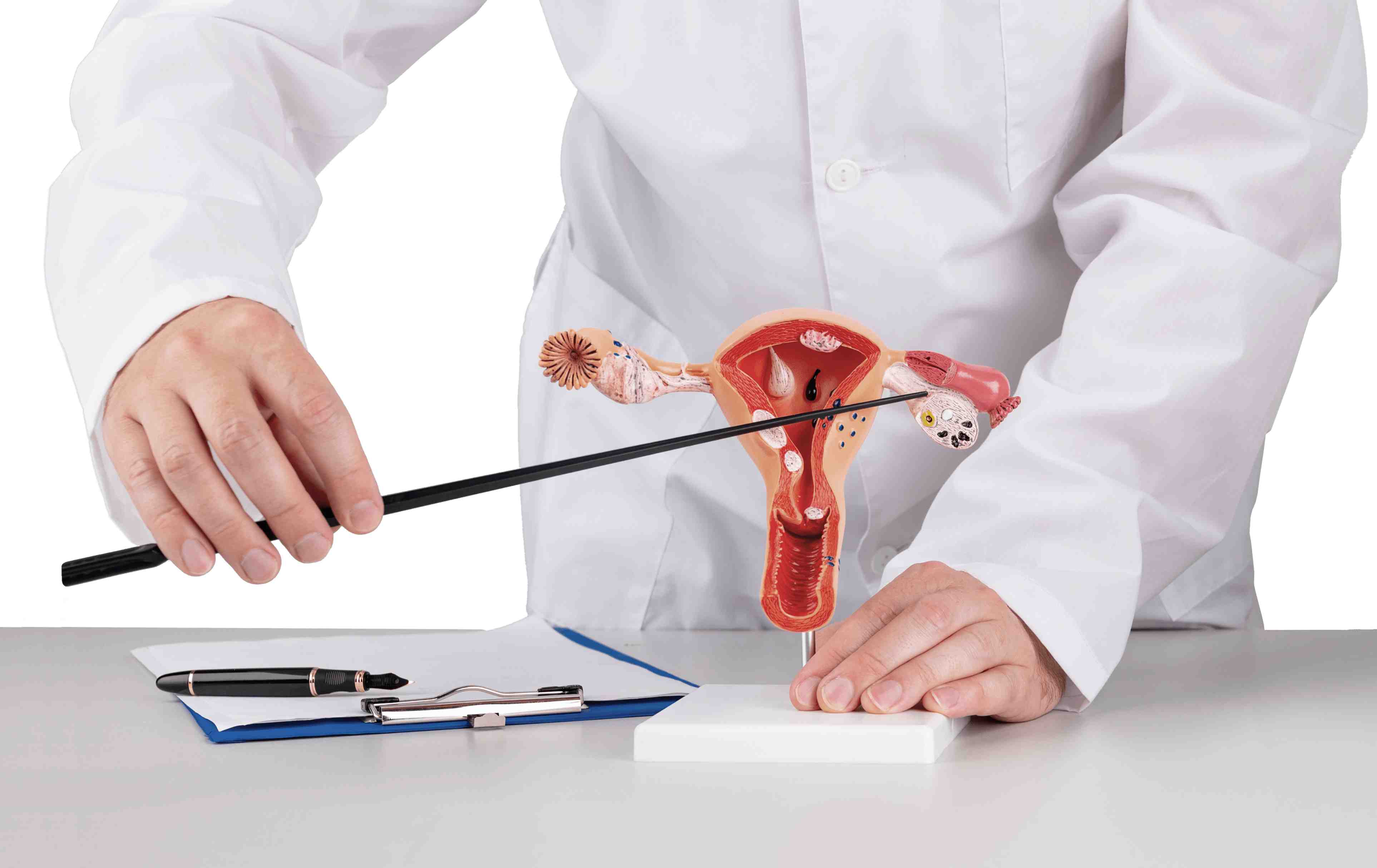
PCOD or PCOS is a syndrome that affects women's ovaries, the reproductive organs that generate progesterone and oestrogen hormones that help regulate the menstrual cycle, as well as modest amounts of hormones inhibin, relaxin, and male hormones known as androgens.
PCOD affects over 10% of all women worldwide. In comparison to PCOD, women with PCOS generate more male hormones than usual. This hormonal imbalance leads individuals to miss menstrual cycles and makes it difficult for them to conceive. This disease might also cause erratic hormonal behavior.
- Diabetes
- Infertility
- Acne
- Excessive Hair Growth
Many women have PCOD/PCOS but are unaware of it. The following symptoms impact ovulation and the ovaries:
- Cysts in the ovaries
- Male hormone levels have risen.
- Periods that are skipped or irregular
- It's a rather prevalent condition with no known treatment.
Diagnosis & Treatment for Female Infertility
If a couple have been unable to conceive in a reasonable amount of time, seek help from a fertility specialist for evaluation and subsequent treatment.

Frequently Asked Questions
Check out out FAQ section and feel free to contact us at +91 9480 9480 05 or drop an E-mail at dreams@garbhagudi.com and we will get back to you as soon as possible